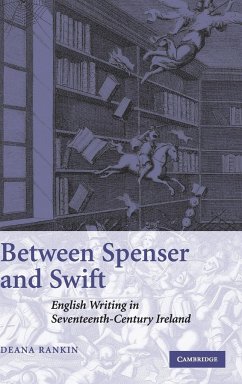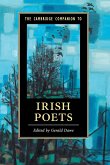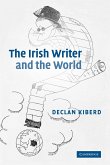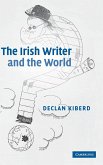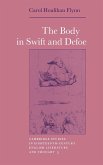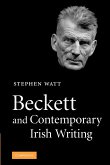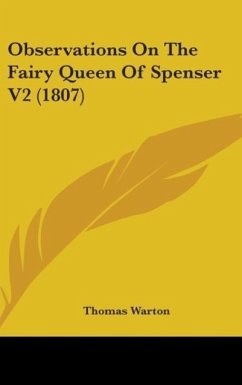While recent studies of Edmund Spenser and Jonathan Swift have firmly relocated both writers in their Irish as well as their English context, English writing in Ireland between these monolithic figures has been largely neglected. This study explores in detail the literary territory between Spenser and Swift. Examining a range of texts, from fragments to sophisticated publications such as economic improvement manuals, histories, plays, romances and poems, Deana Rankin demonstrates how writers in Ireland articulated the transition from soldier to settler across this century of war and political turmoil. She illuminates both centre and periphery by revealing for the first time the richness of English writing in Ireland during the period and its sustained engagement with canonical English literature, including Shakespeare, Sidney and Milton. Historians and literary scholars will find much to discover in this significant contribution to early modern British studies.
Review of the hardback: 'Between Spenser and Swift is filled with rich discoveries. While a number of recent studies ... have started to demonstrate the significance of seventeenth-century English writing in Ireland, Deana Rankin's book is now the fullest account of this work and should encourage more detailed investigations, particularly in the thoroughly neglected area of drama.' The Times Literary Supplement

